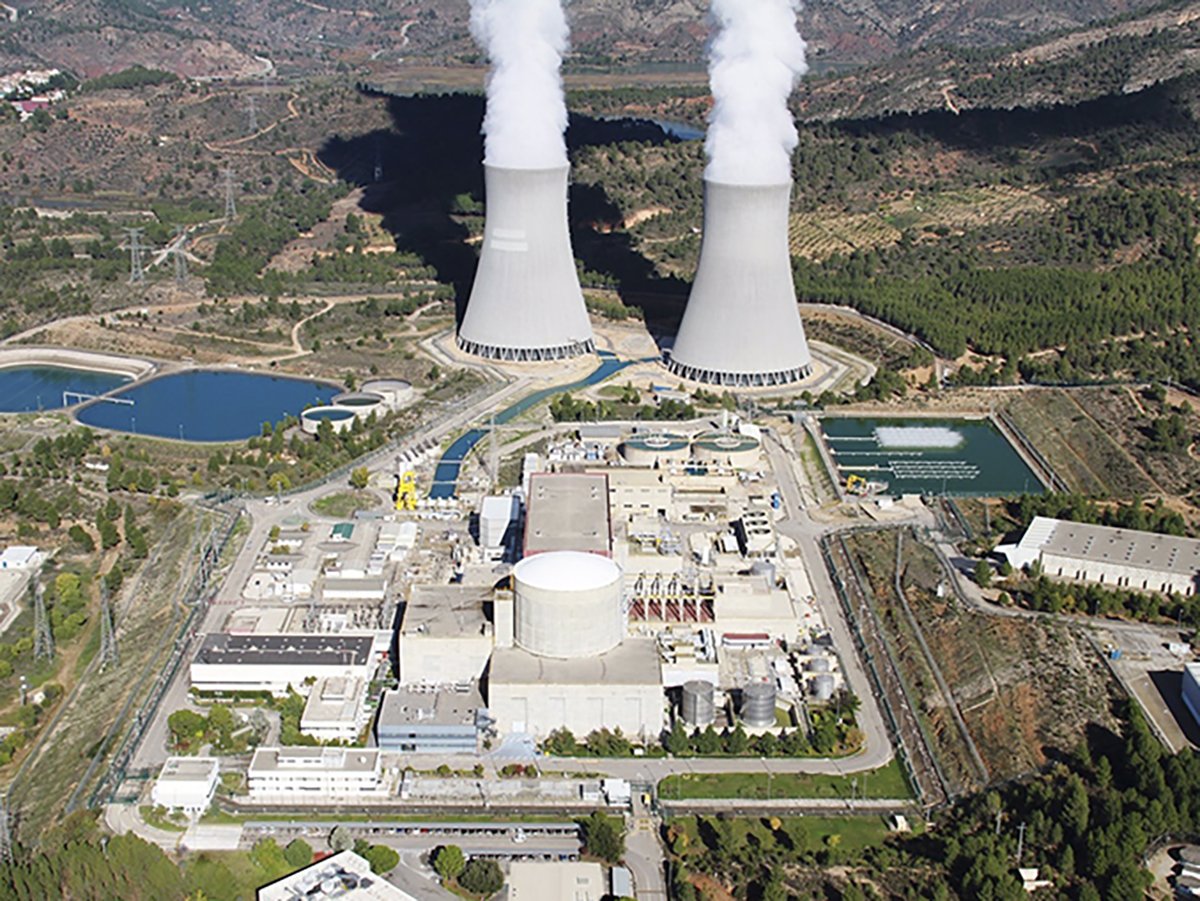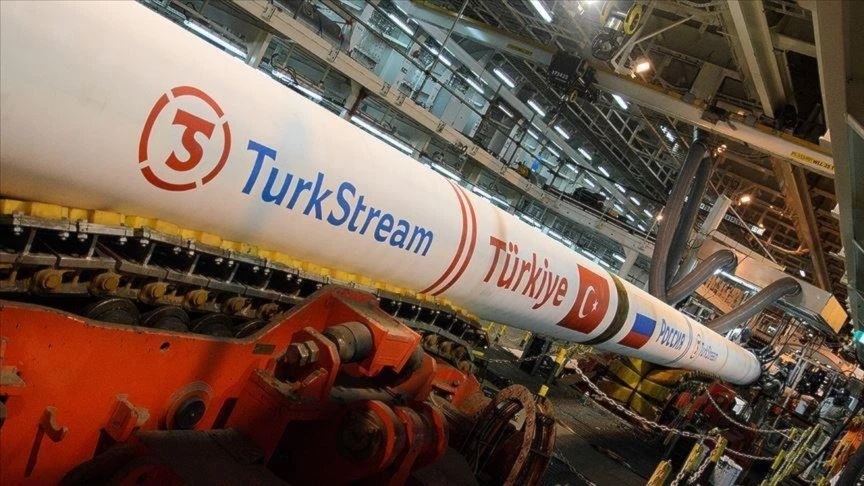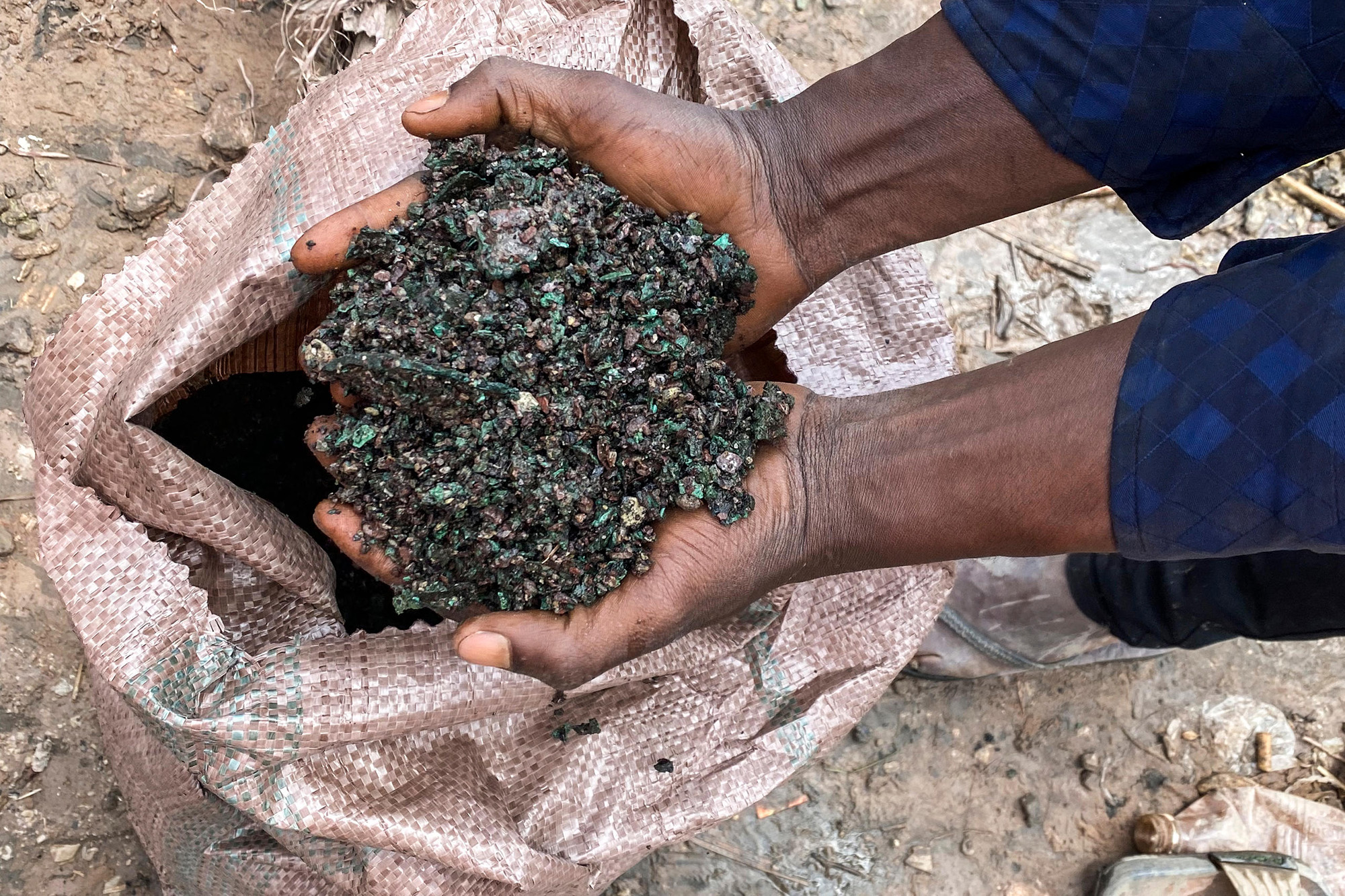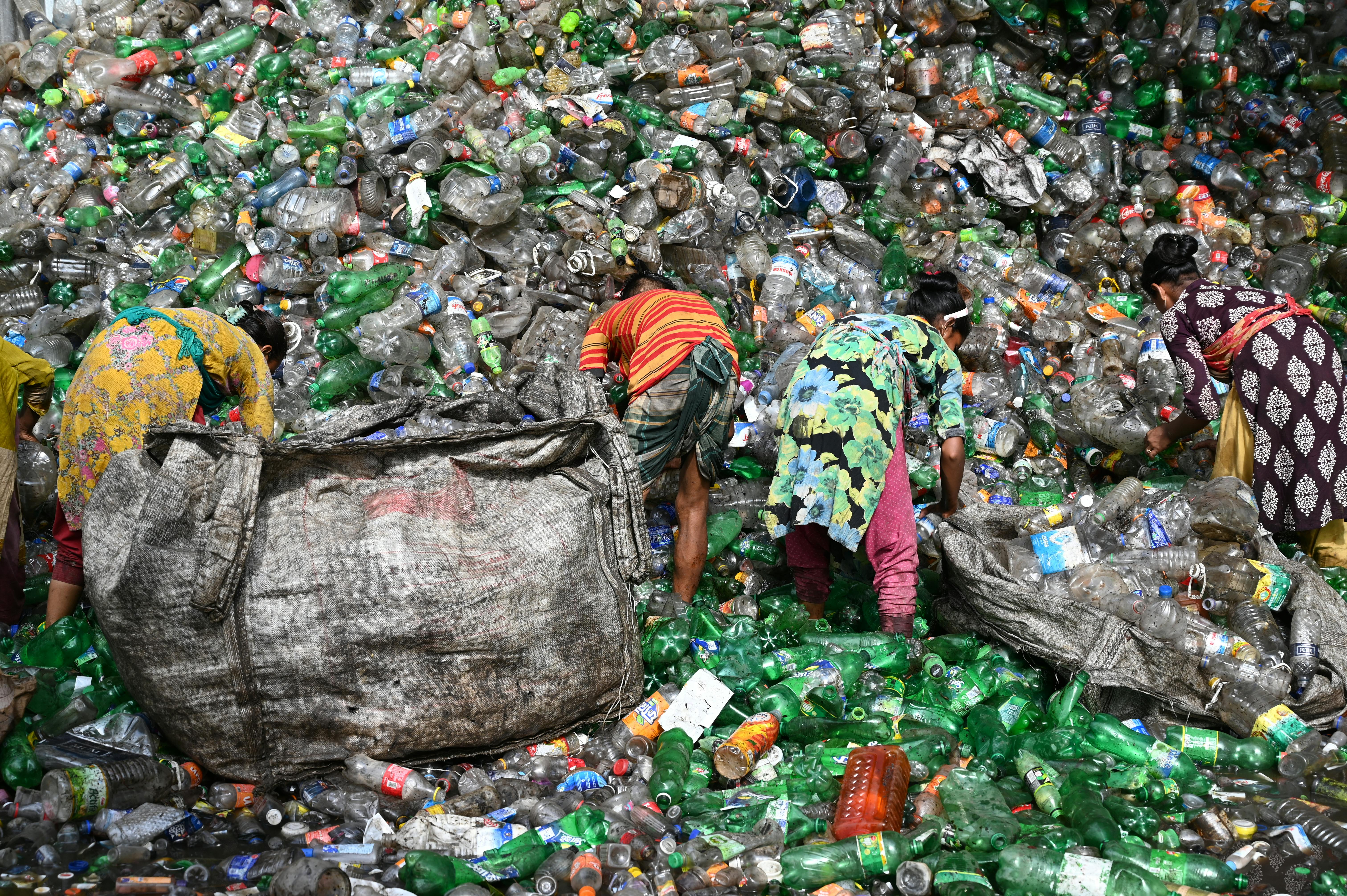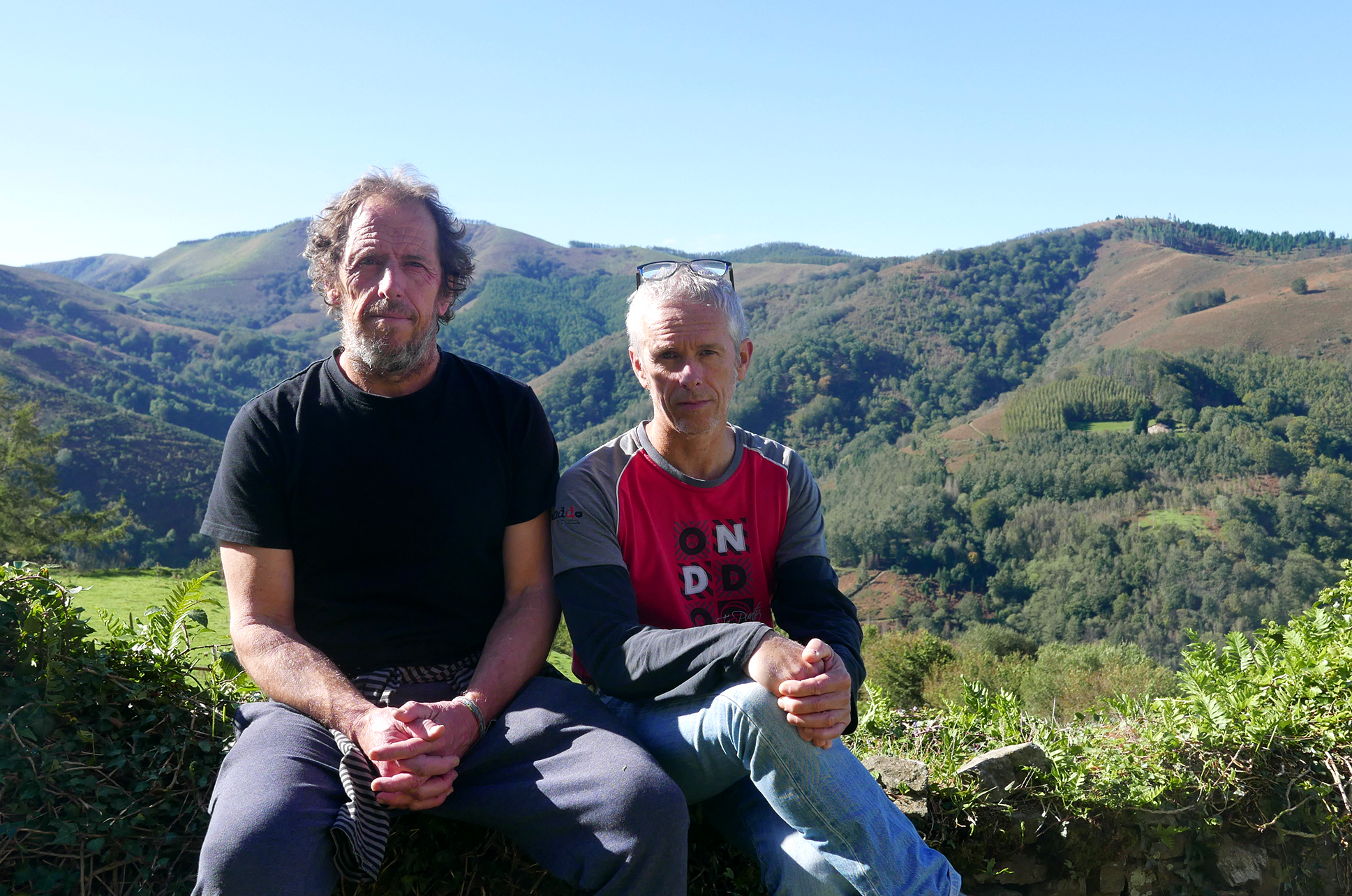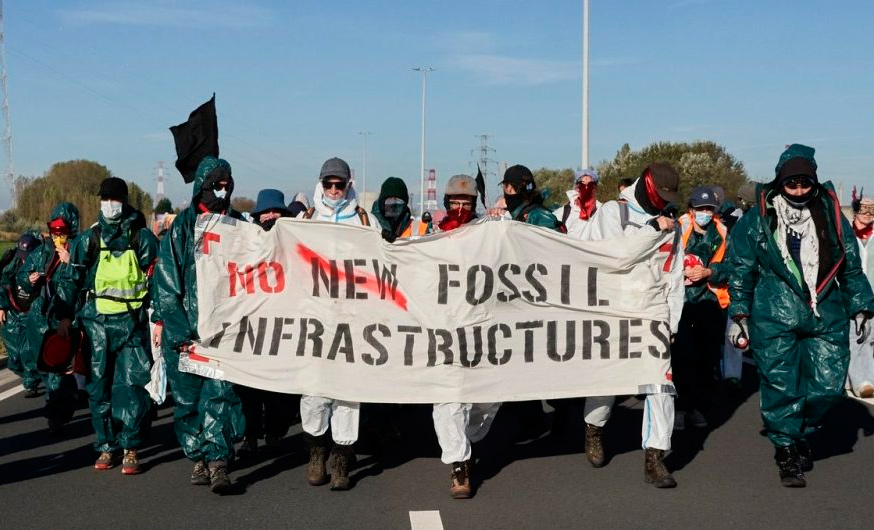In Germany, a ticket of 9 euros: A step to revitalize public transport or a trick to calm people's anger?
- The possibility of almost free travel in Germany for three months, EUR 9 per month, is the desire to kill two birds of a stone: to help the environment by promoting public transport and to reassure a citizen who is nervous about inflation. Will it achieve the objectives? The train company Deutsche Bahn, although not so, warns that trains are already behind schedule and that the years of retrofitting obsolete infrastructures will be very different.
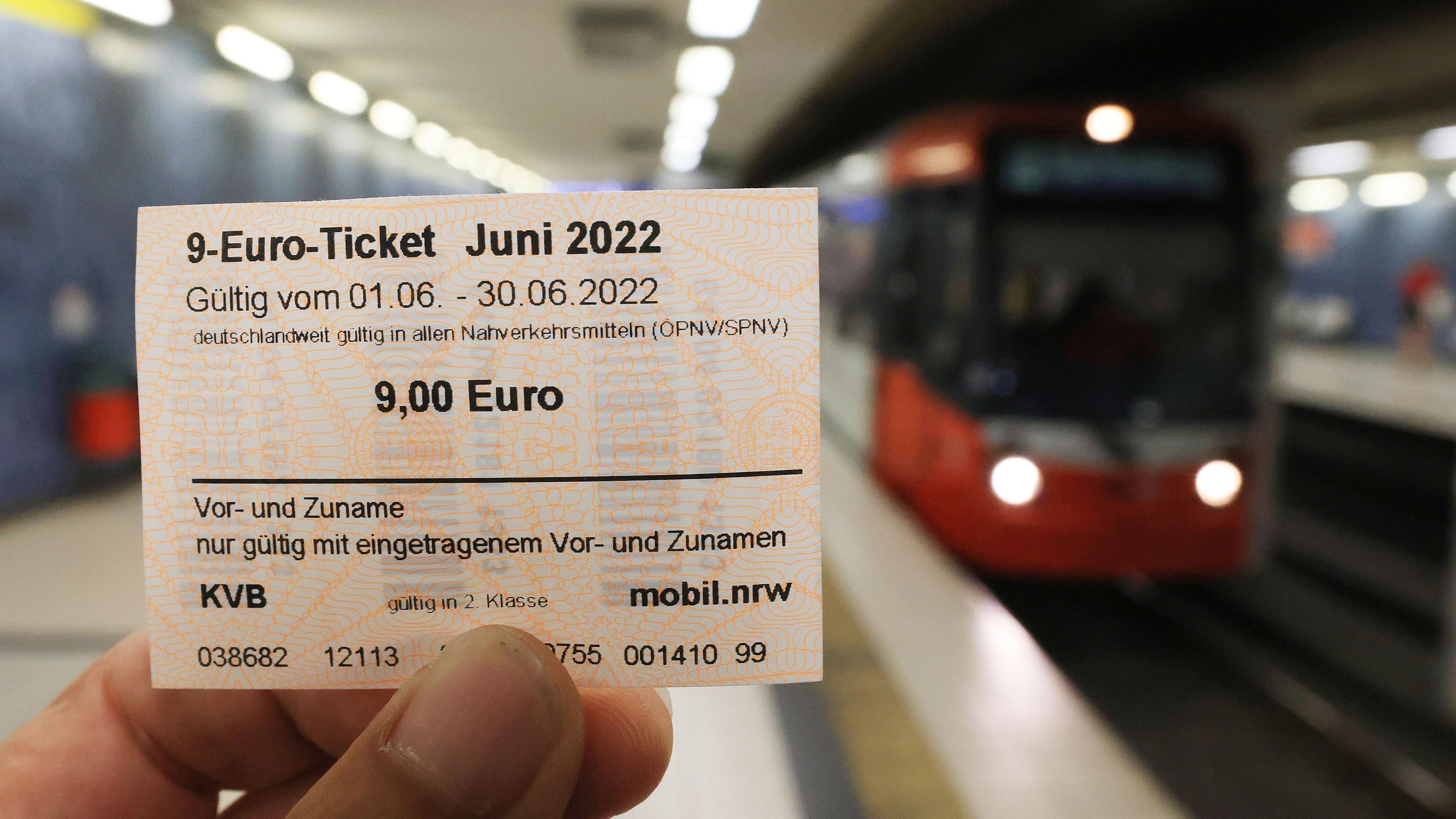
It will be the hottest summer of the past, certainly the year 2022. To the intense flooding caused by the warming of the Earth's climate is added the energy crisis, the economic distress that people have punished with unemployment and increased life, the war in Ukraine and, as we are told, the general reduction in food.
Governments have to move faith to show the public that they have understood their discomfort well: all states announce striking social measures, which could not even be mentioned yesterday in the neoliberal West that has spread market forces: bonds for vulnerable families, other discounts in the price of petrol, this cut wings to energy multinationals, the following if public transport was almost impossible…
They have established
a 9
euro ticket for the whole month that
allows any
public transport during this summer
What is most striking is the German government. The coalition of Social Democrats, Greens and Liberals has carried out in June one of the star measures agreed last autumn in the government programme on the promotion of public transport: a universal ticket of EUR 9, valid for the whole month, has been established for this summer, allowing the use of any means of public transport within the country. Operation 9-Euro-Ticket, fed by the government for EUR 2.5 billion, can also be understood as a test that the Germans are carrying out for three months to demonstrate the effects and consequences of the social measures imposed by the authorities. These and many more will be needed, according to many experts, to control social peace in the face of a global crisis that will be narrowed in the autumn.
Public transport employers have estimated that during the summer they will exceed 30 million tickets. News of movements of people demonstrating the success of the measure has spread rapidly. In the digital journal Nius, Salvador Martínez Mas says that in the Pentecost Bridge young and younger punkis met scientifically to attend the three-day festival held in the Sylt Creek in northern Germany, “after long hours of travel, with numerous transhipments. The media and social media have shown these punkies in the big plaza in Westerland, the capital of Sylte, at a bustling party. These images of Westerland, a tourist and quite elitist place, which many have been reminded of on the weekends of the alternative neighborhoods of Berlin or Hamburg, would not have been possible had it not been for a ticket of 9 euros.”

In the general applause, there are also many big mistrust and critics, according to journalist Thomas Schnee, Billet de train à 9 euros en Allemagne: among the thousiasme immédiat… et déraillement à venir ("Ticket of 9 euros in Germany: from the instant illusion… to the accident of the soft") in Mariastanne. Some leaders of the autonomous Länder believe that the target set cannot be achieved by investing only EUR 2.5 billion. Rural areas complain, above all, that this three-month operation will primarily help the citizens, forgetting again investments in rural areas.
Authorities now focus on marginal public
transport in Germany
in
recent decades
for the benefit of the car without investment
Public transport user associations and many ecologists are also not satisfied because the authorities have done demagogy during the holidays instead of addressing the fundamental problem. And he has come to explain what the fundamental problem is – who and who is the director of Deutsche Bahn, a member of SNCF, RENFE and Euskotren, which is true that in the last few months three out of four trains are too late to repair breakdowns and modernise the entire infrastructure of the obsolete rail network that is integrated in Germany. Richard Lutz added that this situation will not be dealt with at least… until 2030!
The Local is an electronic informative published by Brian Melican: Germany’s €9 ticket for summer is just a gimmick, not a solution ("the 9 euro ticket in Germany is a trick, not a solution"): “Citizens, especially those of us who have made our whole lives as I do in public transport – and I have not learned how to drive the car – should not fall into this widespread euphoria and we should analyse in more detail what the possible objectives of the EUR 9 ticket are and whether it can achieve them. (…) I believe that the 9 euro ticket will not be effective, and that at best, because at worst it will be a small disaster.”
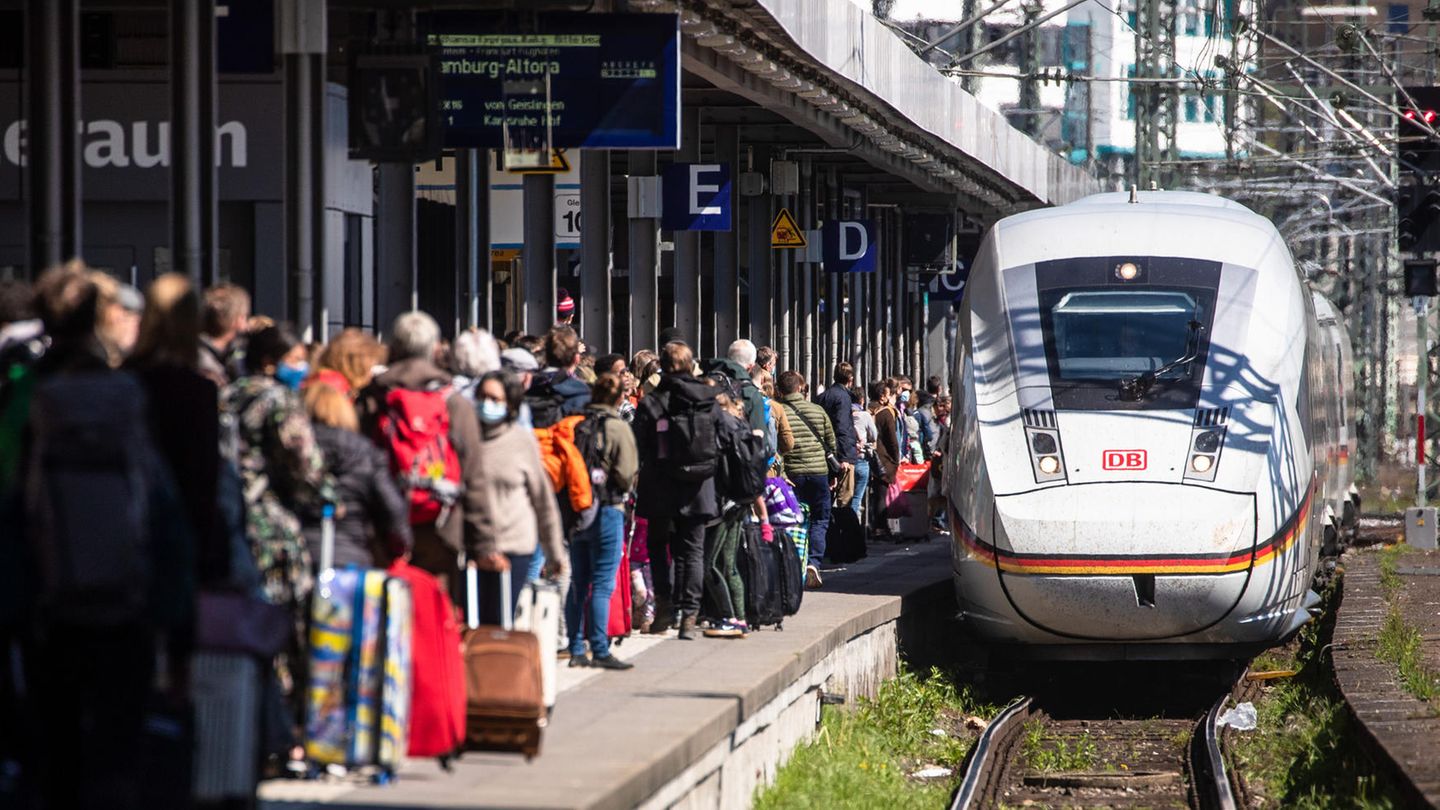
In the government coalition, the aim of this measure is for the Greens to attract citizens who have never been interested in public transport with almost free tickets, reducing the use of cars. The Social Democrat SPD wants to give an economic stimulus, a gift, to the citizens who the crisis has put in trouble during the holidays. Liberals in the FDP who do not love public transport have not put obstacles because at the same time aid has been decided on prices for car fuels, which have never believed in public transport.
Public transport users and many
ecologists are
dissatisfied with the authorities’ demagogy during
the holiday
season
in the face of the problem
In Germany, says Melicán, if the occupancy rate of public transport was at 80%, with this measure will be able to increase the concentration of people in trains and buses when COVID-19 is completely uncontrolled and the use of a mask is mandatory. At the top of it all, many who no longer had trouble traveling with normal fares will now be able to travel almost three months for free, while traditional public transport users will have to suffer that anchovies travel as they can… and around the normal rates at the end of summer public services can be found with a significant decrease in users. That would be the paradox of the supposed success of the €9 ticket.
In recent decades, the authorities have now focused on public transport without investment in favour of private cars, in order to alleviate the general increase in life and, in particular, the exaggerated price of fuel in people. If it is not known before whether the success or failure will be EUR 9, it is certain that the experiment that will continue during the months of June, July and August will provide good information on people’s behaviour and on the achievements, disabilities and needs of public transport. Will anyone in Euskal Herria be looking at this experiment?
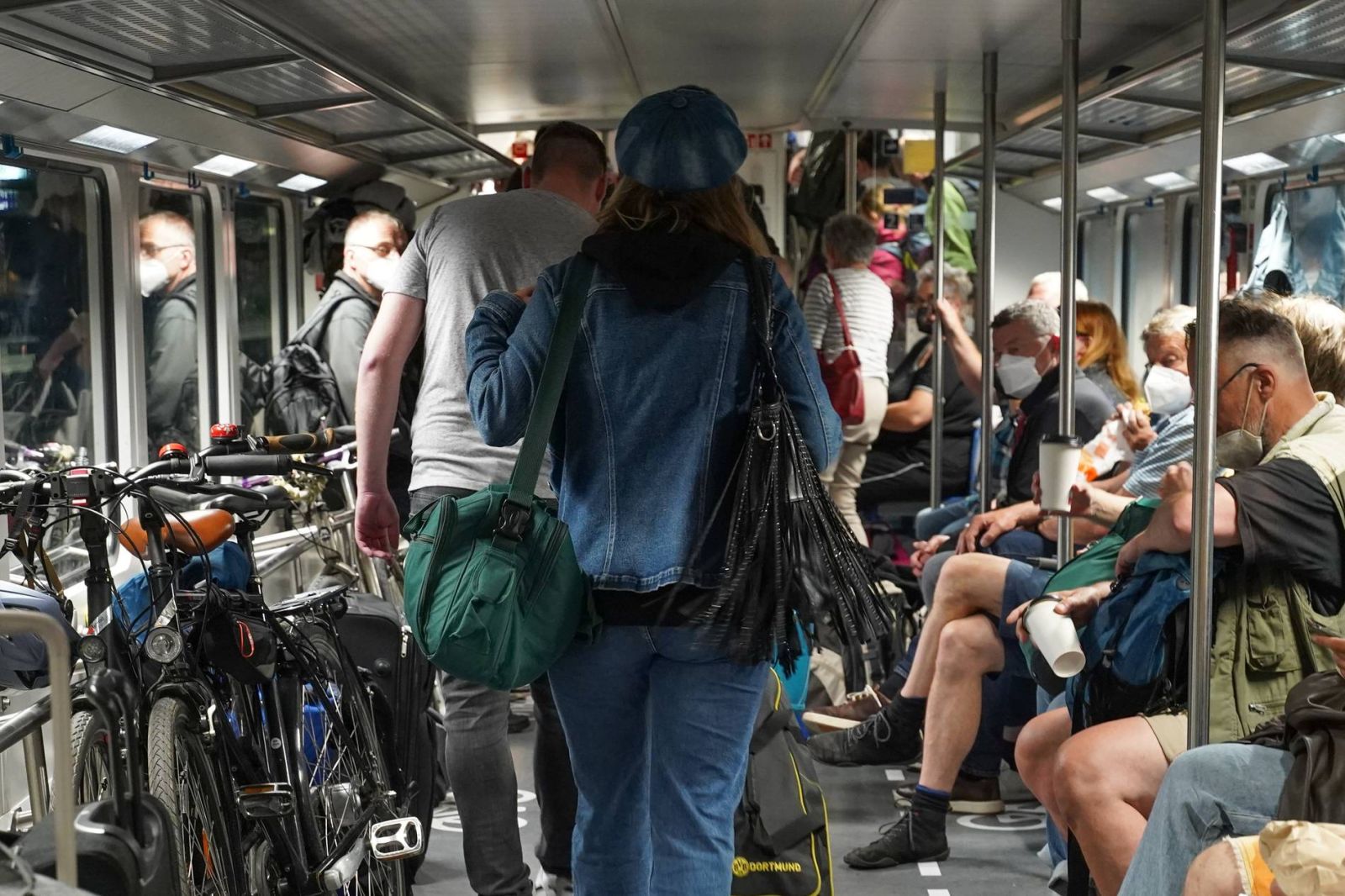
Espainiako Estatuko zentral nuklearrak itxi ez daitezen aktoreen presioak gora jarraitzen du. Otsailaren 12an Espainiako Kongresuak itxi beharreko zentral nuklearrak ez ixteko eskatu zion Espainiako Gobernuari, eta orain berdin egin dute Endesak eta Iberdrolak.
The Centre Tricontinental has described the historical resistance of the Congolese in the dossier The Congolese Fight for Their Own Wealth (the Congolese people struggle for their wealth) (July 2024, No. 77). During the colonialism, the panic among the peasants by the Force... [+]
The update of the Navarra Energy Plan goes unnoticed. The Government of Navarre made this public and, at the end of the period for the submission of claims, no government official has explained to us what their proposals are to the citizens.
The reading of the documentation... [+]
Environmental activist Mikel Álvarez has produced an exhaustive critical report on the wind macro-power plants that Repsol and Endesa intend to build in the vicinity of Arano and Hernani of the region. In his opinion, this is "the largest infrastructure of this kind that is... [+]
Recently we have had other arguments to convince us of the need for macro-projects in the surroundings of Euskal Herria. An example of this was the article published on the website of the EHNE of Bizkaia to one of the participants of the Ecosocial Jump initiative: "For... [+]
On 3 September the Official Bulletin of Navarre published the announcement by the Government of Navarre announcing the update of the Navarre Energy Plan. This should be an important step for the future of our community, taking into account the importance of energy and its use... [+]











